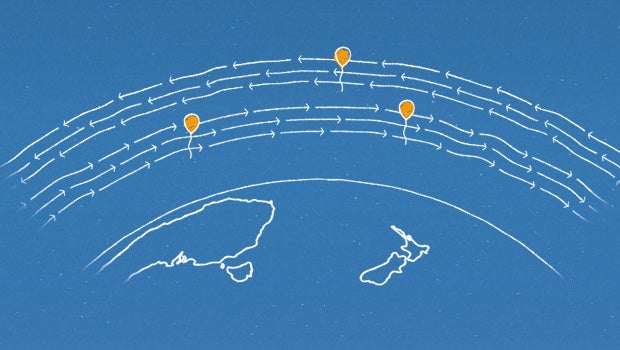Did Google steal Project Loon?

Google’s unusual Project Loon initiative may not be as original as we all thought.
One of Google’s more outlandishly innovative initiatives of recent years has been Project Loon, which aims to provide Wi-Fi to even the most remote of areas through a network of suspended balloons.
However, one company is claiming that Google pinched the idea.
Space Data Corporation is claiming that it developed the Project Loon concept some two decades ago. It has filed a complaint with the Northern California District Court citing two of its own patents from 1999 and 2001.
The first patent deals with “Airborne constellation of communications platforms and method” – essentially a suspended balloon-based network – while the second deals with “Unmanned lighter-than-air safe termination and recovery methods” – or the recovery of said balloons.
It’s worth noting that Space Data Corporation is a functioning company that offers related products, and not some patent troll. The SkySat is a balloon-based repeater platform that is “currently being used operationally by the US Marine Corps,” while the SkySite is a similarly balloon-based “low-cost solution for data communications in remote areas.”
That last one sounds particularly familiar, doesn’t it?
Related: Best Wi-Fi extenders
Google has its own patents for Project Loon, of course, but as The Verge points out, they don’t predate Space Data Corporation’s. What’s more, it’s a known fact that Google founders Sergey Brin and Larry Page, along with a bunch of other Google executives, visited Space Data in early 2008.
Indeed, it was speculated at the time that Google might work with Space Data or even purchase it outright. Instead, work on Project Loon began some three years later.
Google I/O 2016 highlights:
We’ll have to wait and see if Space Data Corporation can pop Google’s balloon, or whether its claims are full of hot air.


